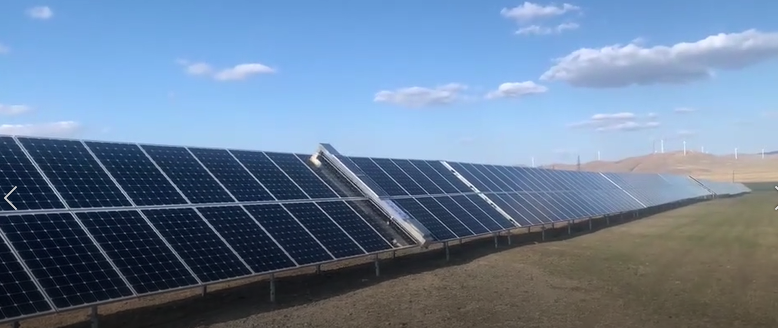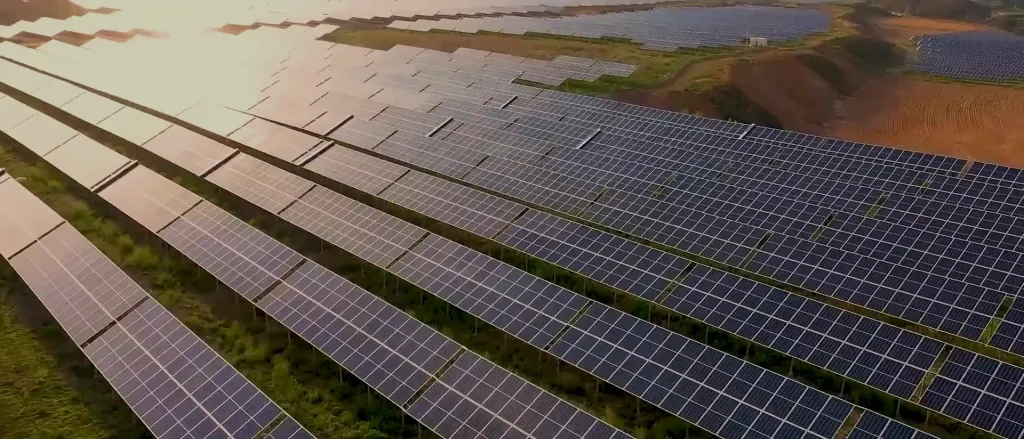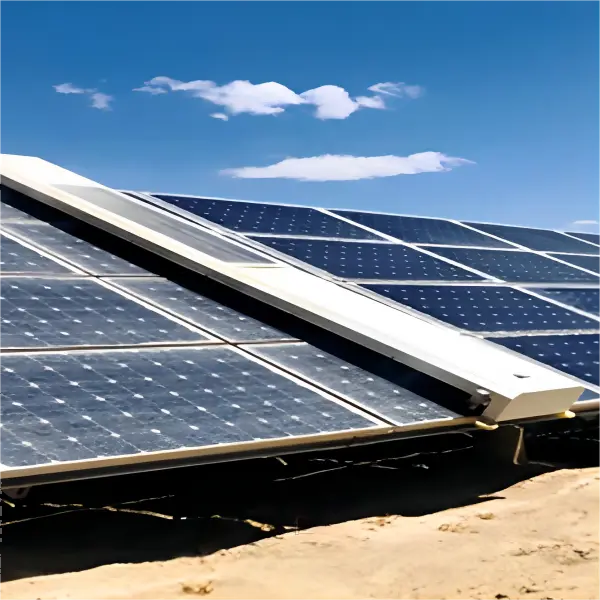In response to the high environmental standards, dominant distributed rooftop power stations, and winter temperature challenges in the German market, we have developed the following customized promotional solutions. The plan closely addresses the four core pain points in the German market: safety risks of working at heights on distributed rooftops, winter snow removal needs, high labor costs, and smart maintenance requirements, providing quantifiable solutions.

1. Pain Points and Product Compatibility Analysis in the German Market
1.1 Safety Risks of Distributed Rooftops
Over 50% of photovoltaic stations in Germany are distributed rooftop systems, where manual cleaning poses risks of falls and electric shock:
- Fully automated unmanned operation eliminates high-altitude work hazards and avoids electric shock risks through intelligent sensors;
- Lightweight semi-automatic models (15kg) are suitable for transportation on sloped roofs, supporting dry cleaning modes from 0° to 25°.
1.2 Winter Snow and Low-Temperature Challenges
Germany experiences over 40 days of snowfall annually, with snow reducing power generation efficiency by more than 60%:
- Temperature resistance (-30℃ to 70℃) ensures operation in extreme cold, with an IP65 protection rating preventing snow penetration;
- High-speed spiral brush rotation (60-120 RPM) quickly removes snow and attached ice particles, achieving a cleaning rate of over 98%.
1.3 Labor Costs and Efficiency Bottlenecks
Labor costs for cleaners in Germany can reach €50/hour, making traditional manual methods economically inefficient:
- The robot’s cleaning efficiency reaches 1000m²/h (five times that of manual cleaning), saving annual labor costs of over **€120,000** for a 10MW power station;
- Automatically generates work reports, reducing the need for on-site inspections.
1.4 Smart and Environmental Compliance Requirements
Germany has stringent requirements for the intelligence and environmental sustainability of energy equipment:
- Waterless dry cleaning mode complies with EU water conservation regulations (such as WFD), resulting in zero wastewater discharge;
- Equipped with 4G remote control and cloud platform for fully digital management, supporting real-time fault diagnosis and software upgrades.

2. Product Mix and Cost-Benefit Analysis
Core Model Deployment Strategies
| Application Scenario | Recommended Model | Advantages for Germany |
|---|---|---|
| Commercial Rooftop Stations | Semi-Automatic Remote Control Model | Lightweight (15kg) for easy transportation; 25° slope adaptability; real-time monitoring with camera interface |
| Large Ground Stations (≥5MW) | Automatic Waterless Cleaning Machine | Scheduled daily operations; -30℃ cold resistance; IP65 protection against rain and snow |
Economic Comparison (Example of a 10MW Station)
| Indicators | Manual Cleaning | Robot Solution |
|---|---|---|
| Cost per Cleaning | €10,200 | €0 (only electricity expense) |
| Total Maintenance Cost Over 15 Years | €2.15M | €80,000 (including equipment investment) |
Note: The initial investment for the robot is €50,000, with a payback period of less than 8 months (based on German electricity price of €0.32/kWh and a calculated output increase of 25%).

3. Core Value Summary
- Power Generation Gains: Addresses efficiency declines caused by snow and dust (10-65%), with annual generation increases of over 25%;
- Zero Risk Operations: 100% elimination of rooftop work safety risks, compliant with the German Industrial Safety Regulation §9;
- Cost Advantages: Over €2M saved in operating costs over a 15-year lifecycle (for a 10MW station);
- Green Compliance: Waterless cleaning and low energy consumption (55W panel power), aligning with Germany’s carbon neutrality goals.
Todos China is eager to collaborate with German energy companies to build a smart, safe, and high-return photovoltaic operation ecosystem. For more details, please visit our official website to access technical white papers and localized service solutions.